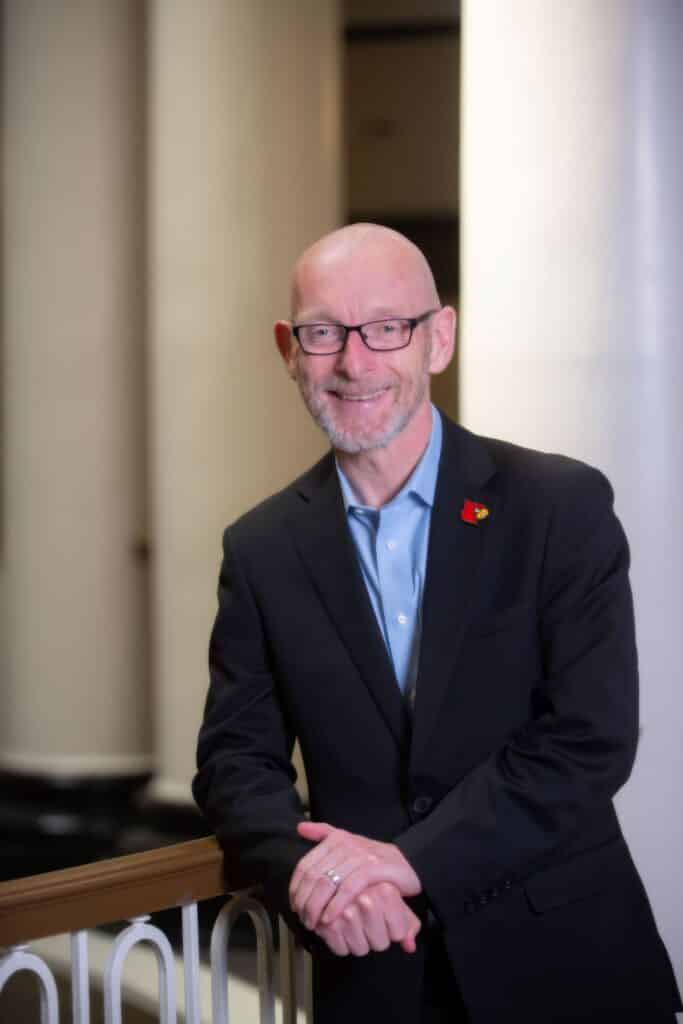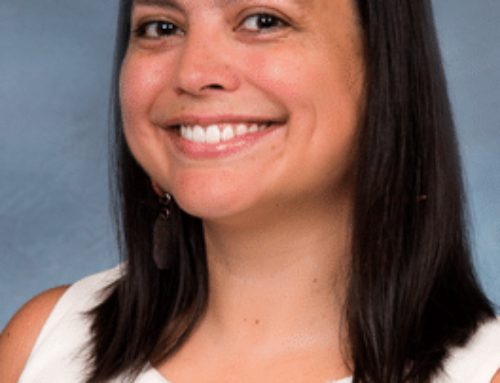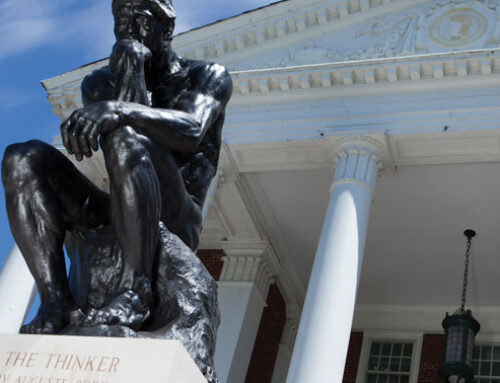By Allison Jewell
As the new Executive Vice President and Provost of the University of Louisville, Dr. Gerry Bradley, BDS, MS, Dr.Med.Dent., never knew his career would end up in the place it is now.
Bradley, born and raised in Ireland, completed his dental training in his home country before moving to practice in England like most dentists in that region do. After disliking his fit in the UK’s health system, he enrolled at The Ohio State University in an orthodontic program in 1991, met his wife, and decided to stay in the States.
“I ended up with an academic career and a practice career, which I enjoyed. I never thought I would become [Marquette’s] dental school dean. But then, I got interested in the curriculum. I was asked by the dean to do some work around the curriculum and that’s how I got into administration,” he said.
When a spot opened for the Dean of U of L’s School of Dentistry, Bradley thought it would be the perfect place to move his career. For one, his wife’s family lives in Ohio — so it’s close to his heart — but it also captured his passion for academia.
He sat down with The Louisville Cardinal to answer some questions about his plans for the university.
All around retention
One of the many issues that has troubled the university is retention of administration. Within the past decade, almost every executive administrative role has been reshuffled, leaving the community confused about the school’s future.
Dr. Bradley and U of L President Kim Schatzel want admin to stick around.
“Now I think we’re sort of in a new period of, hopefully, stability; we’re hiring a lot of new deans right now too, which is very exciting. We’re getting a lot of key leadership positions, not only in the president’s office, but in the provost’s office, [and] at the unit level in the colleges. And I think that’s gonna set us up very solidly for the future,” he said.
Retention in the student body is also a large concern for Dr. Bradley. This past year U of L has seen stunning numbers of undergraduate enrollment. However, the issue of keeping these students enrolled until they earn their degrees still stands.

Move-In Day in Fall 2023, after having record levels of enrollment. Photo Courtesy /// U of L Flickr
A fix in Dr. Bradley’s eyes is allocating more money to scholarship programs. One of the biggest issues related to retention is financial demands and nationally high tuition rates. When he first started, 7% of U of L’s financial aid was allocated for unmet need –expenses students can’t cover through grants, federal loans, or out of their own pockets. Over the next four years, he is looking to raise that number to 20%.
“The greatest priority for our students to succeed here is unmet financial needs. So we are prioritizing financial support to those students,” he said.
Dr. Bradley also plans to expand scholarship packages for the Border Benefit program and to consolidate advising around the university. This means hiring someone to fill an Executive Director of Advising role, and standardizing practices based on best practices in universities around the nation.
Expanding the growth of research
Because the University of Louisville is an R1 Research Institution, there has always been an emphasis on funding research ventures. To supplement this preexisting effort, Dr. Bradley and the administration plan on expanding U of L’s facilities to assist in completing more research.
“I think a large part of the educational experience is opening your mind, being able to discover and to be able to get educated around discovery and scholarship. R1 universities add that dimension to a curriculum that impacts not only graduate students but undergraduate students and then attract better faculty,” he said.
Dr. Bradley has his sights set on building lots of new spaces for U of L students, and especially research. Take the administration’s plans for a new engineering building. It will house labs for research, classrooms, and even dining options for students. The goal date for completion is late summer of 2025, and the ground has already been broken.
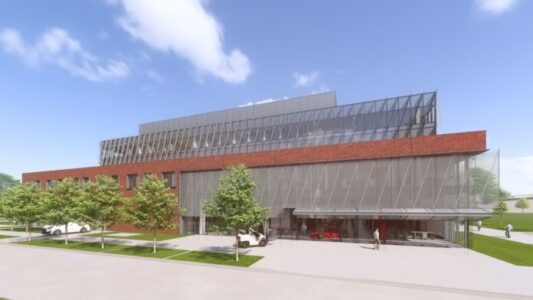
Mockup of the new engineering building, estimated to be done by 2025. Image Courtesy /// U of L News
Recently, the administration has also requested funding to build a new $280 million hub for the downtown Health Sciences Center campus on Preston Street.
“This is sort of, we hope, the beginning of an era of some serious expansions and renovations because we have a lot of older buildings. We need labs and we need lots of them,” he said.
The focus on research is meant to introduce new technology and talent to the growing industries in the Commonwealth. Investing all of this money in new facilities is a “win-win situation” according to Dr. Bradley.
The Passion of the Cards
One of the most important things Dr. Bradley has learned about this university is the passion its community members hold for the institution.
“In general it’s just that people are so committed to being around students and to helping students be better. I think there is a great culture here and…sometimes we get too hung up on the negative side of it. I think there are a lot of great things happening here and I’m excited for the future.”
Distrust and suspicion of leadership can be abundant, and Dr. Bradley wishes to prove their pessimism wrong.
“We wouldn’t be here if it wasn’t for our students. People kind of lose sight of that. You gotta have that person you can connect to, I think it’s important to be accessible as best as you can,” he said.
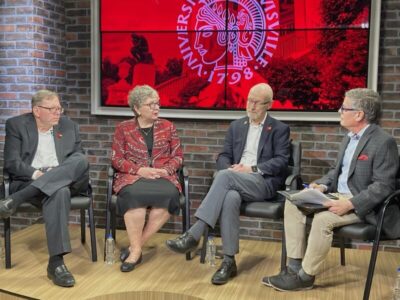
Dr. Gerry Bradley alongside President Kim Schatzel and Executive VP for Finance and Administration Dan Durbin in the fireside chat earlier this year. Photo Courtesy // U of L News
New initiatives, like the Fireside Chats, are aimed at bridging this gap.
With these many initiatives, Dr. Bradley hopes the new administration can begin to earn more trust from students, staff, faculty, and the community.

